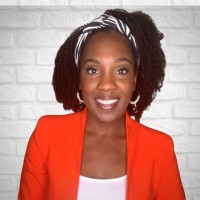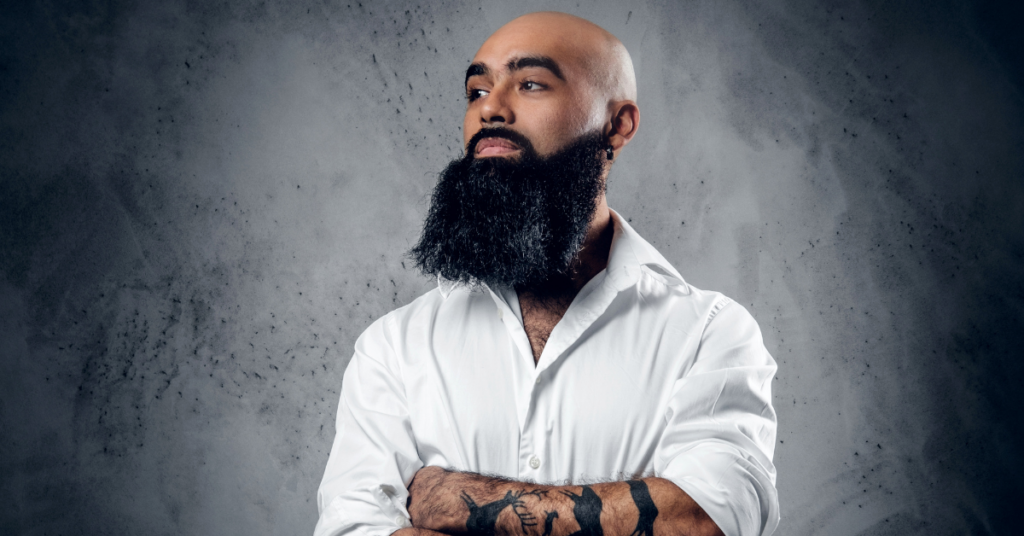This is Part 4 of Sabrina Joy’s column series on Building Better Habits. Check out Parts 1, 2, and 3.

You’ve probably heard the quote “To thine own self be true” a time or two, but what you might not be as familiar with is the backstory.
This quote comes from Shakespeare’s Hamlet and is part of a speech that the King’s chief minister, Polonius, was giving to his son as he was heading off to college. In this father-son pep talk, quite a bit of wisdom and knowledge is shared. Yet, the suggestion to be true to himself was singled out as the most important: “This is above all: To thine own self be true”.
So what does this have to do with habit?
EVERYTHING!
Why You Must Know Thyself
You can know all the facts about the habit loop and have every strategy known to man in your toolkit at the ready, but if you don’t have a good understanding of how you are uniquely wired, knowing which strategy to use (and when) will be a challenge. Essentially, you will be taking shots in the dark. Why take the chance of wasting precious time, or making it harder on yourself by trying to implement a new habit in a way that doesn’t align with how you typically operate?
How These Personality Tests Can Help
There are two self assessments that I tend to rely on when helping people develop their habit plan. One is Gretchen Rubin’s Four Tendencies quiz, which is a great framework for determining how you manage or deal with expectations – both internal and external. We don’t have time to fully go into the tendencies today, but here is a very quick example of how they can be used.
The Obliger category describes people who are easily able to meet external expectations but struggle to meet internal ones. If you fall into this category, knowing this will uncover the need to look for ways to create a sense of outward accountability when incorporating a new routine. I know this sounds simple and that is because it is – it is also very powerful and effective.
The second personality framework that I recommend is Enneagram. This one is much more detailed and it focuses on the ways people interpret and interact with the world around them. There are 9 types and if you take the full test for a small fee (not one of the freebies out there) you will receive very detailed results. I can almost guarantee you will be blown away by how in-depth and accurate the information is, which can be a little daunting at first. You might even feel exposed and vulnerable, but it is definitely worth it.
What Happens When You Know Yourself
When you know yourself well and have a good handle on the things that make you tick, you are better able to design your plan for leveraging the power of habit in a way that gives you the best chance at success.
It is, above all, the most important piece of advice that I give as a habit coach.
Sabrina Joy is a Habit Coach and 20+ year marketing professional. She is the founder of Tending Habits, a consultancy dedicated to helping organizations and individuals build better habits. You can also follow her on Instagram.












